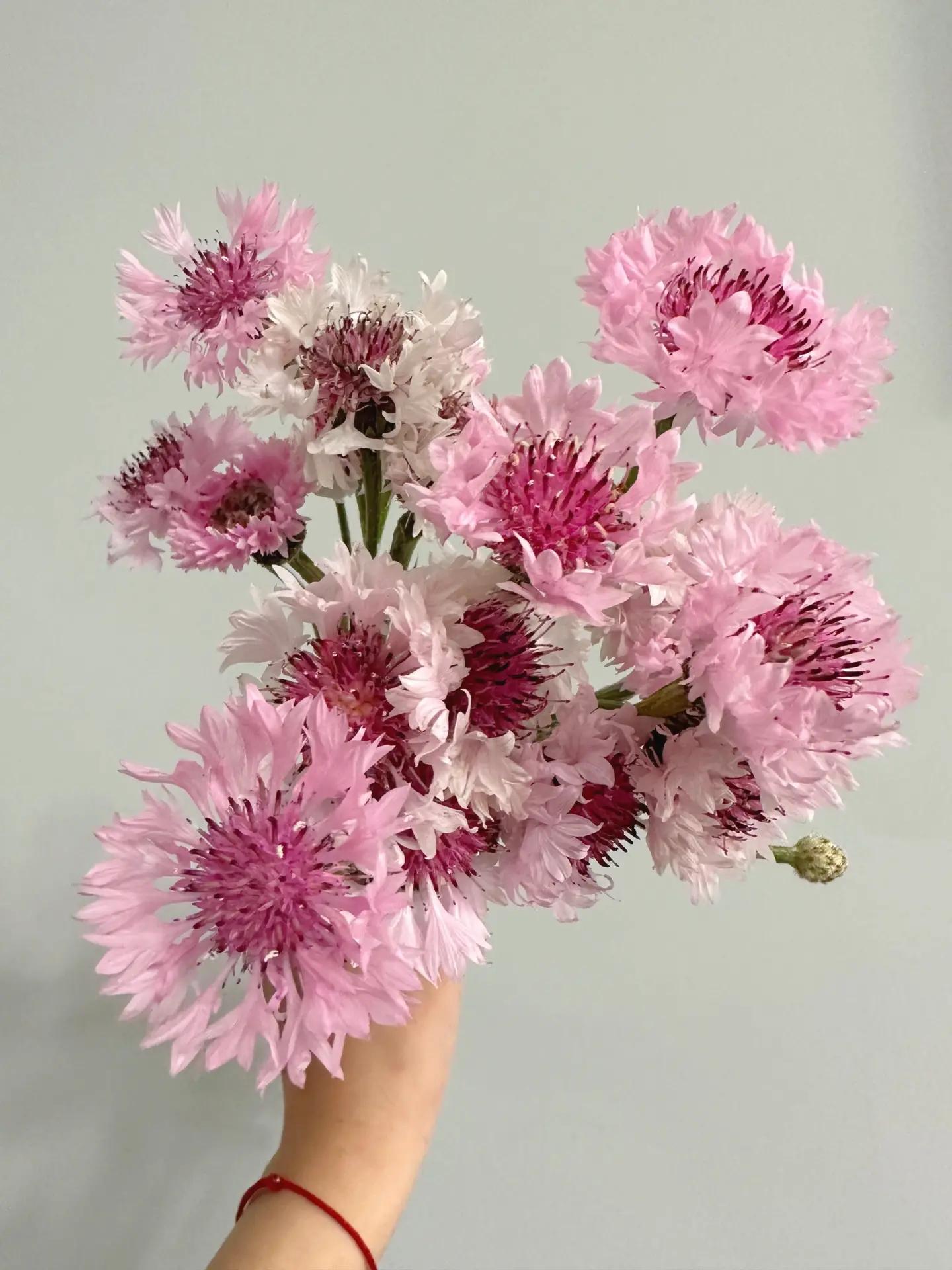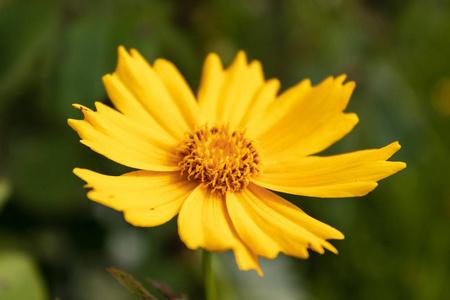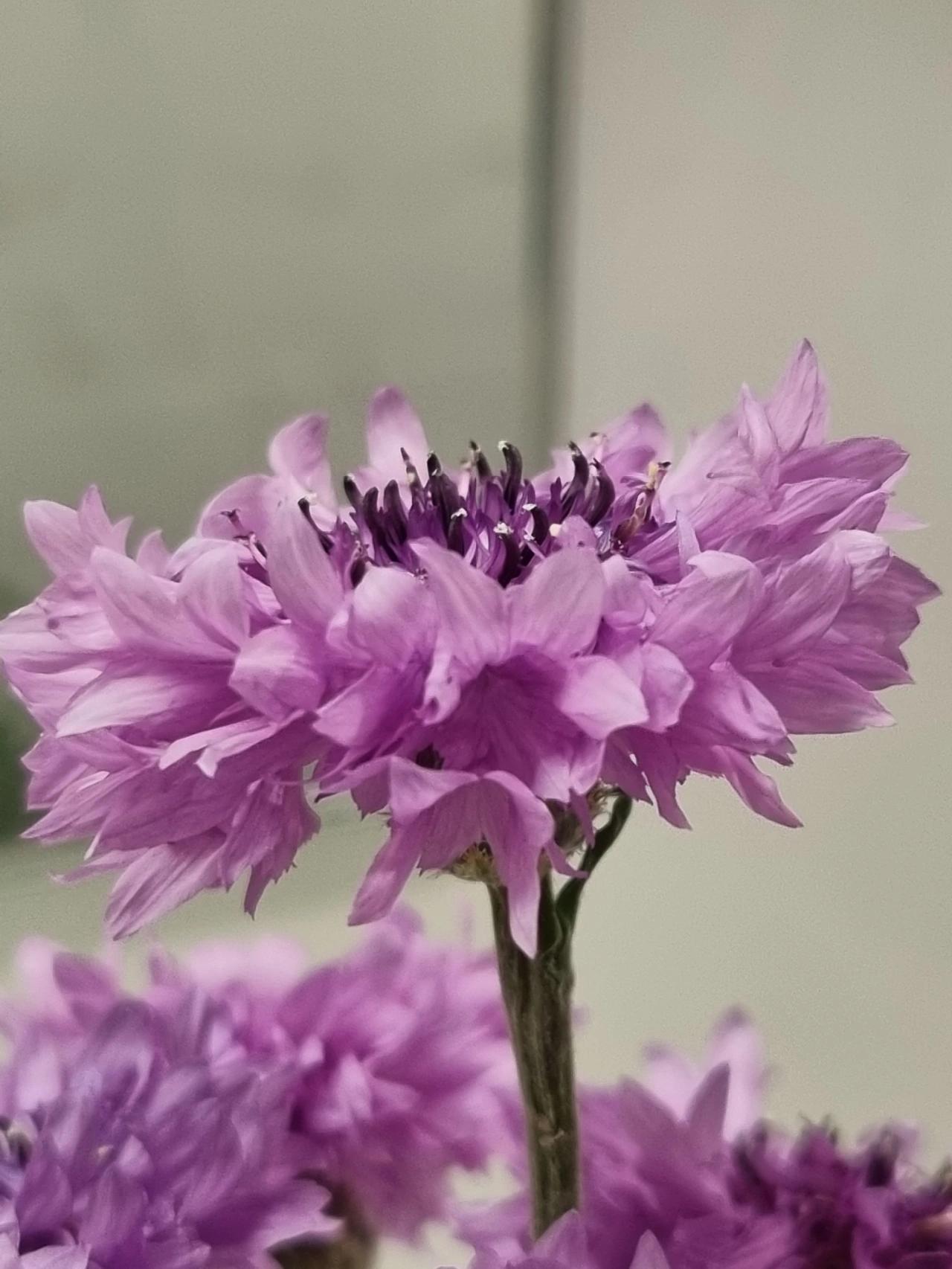Justicia, also known as the shrimp plant, has an interesting story. Legend has it that long ago, a young girl named Justicia lived near a river. One day, she saved a shrimp from drowning. To show its gratitude, the shrimp transformed into a beautiful plant with vibrant flowers that resembled shrimp. The locals named the plant Justicia in honor of the girl. From that day onwards, the Justicia plant became known for its unique appearance and is believed to bring good luck and prosperity. Today, people still admire and cultivate Justicia plants, cherishing the tale of the girl and the shrimp.
Picture
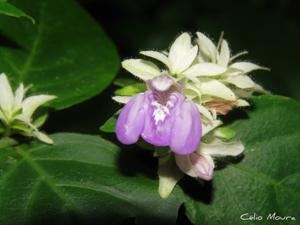
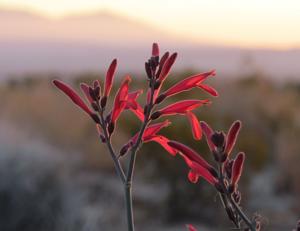
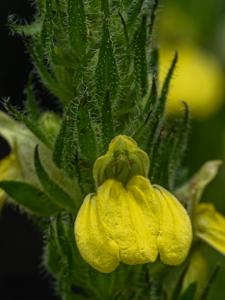
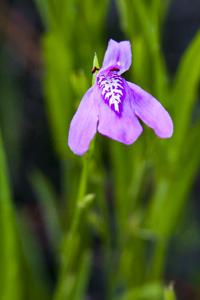
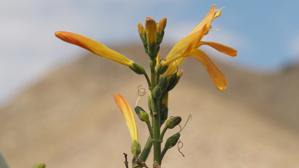
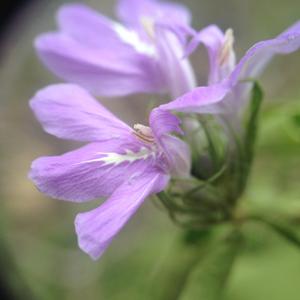
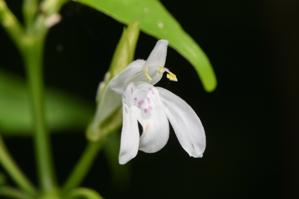
Plant some seeds now!
Multi-Colored Bachelor’s Button
Short Description
Justicia is a genus of flowering plants in the family Acanthaceae. It is the largest genus within the family, with over 900 accepted species. They are native to tropical to warm temperate regions of the Americas, India, and Africa. The genus serves as host to many butterfly species, such as Anartia fatima. Common names include water-willow and shrimp plant, the latter from the inflorescences, which resemble a shrimp in some species. The generic name honours Scottish horticulturist James Justice (1698–1763). They are closely related to Pachystachys.
Description
They are evergreen, perennial plants and shrubs with leaves that are often strongly veined, but they are primarily cultivated for their showy, tubular flowers in shades of white, cream, yellow, orange, violet, or pink. Excepting J. americana L., they are not hardy below 7 °C (45 °F), so must be grown under glass in frost-prone areas.

